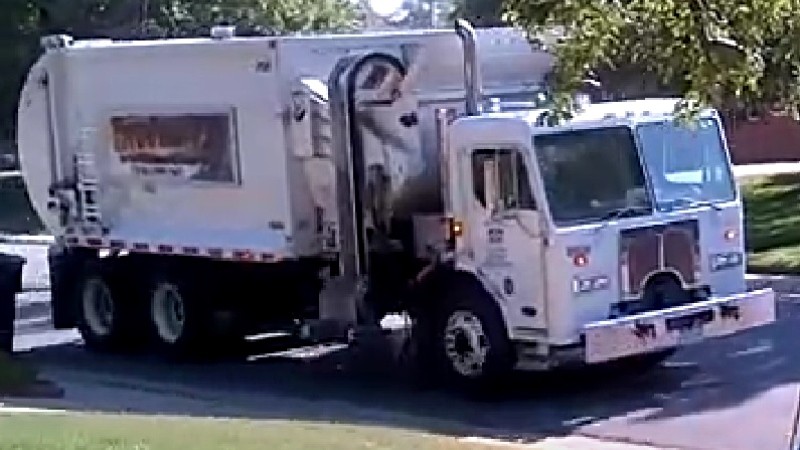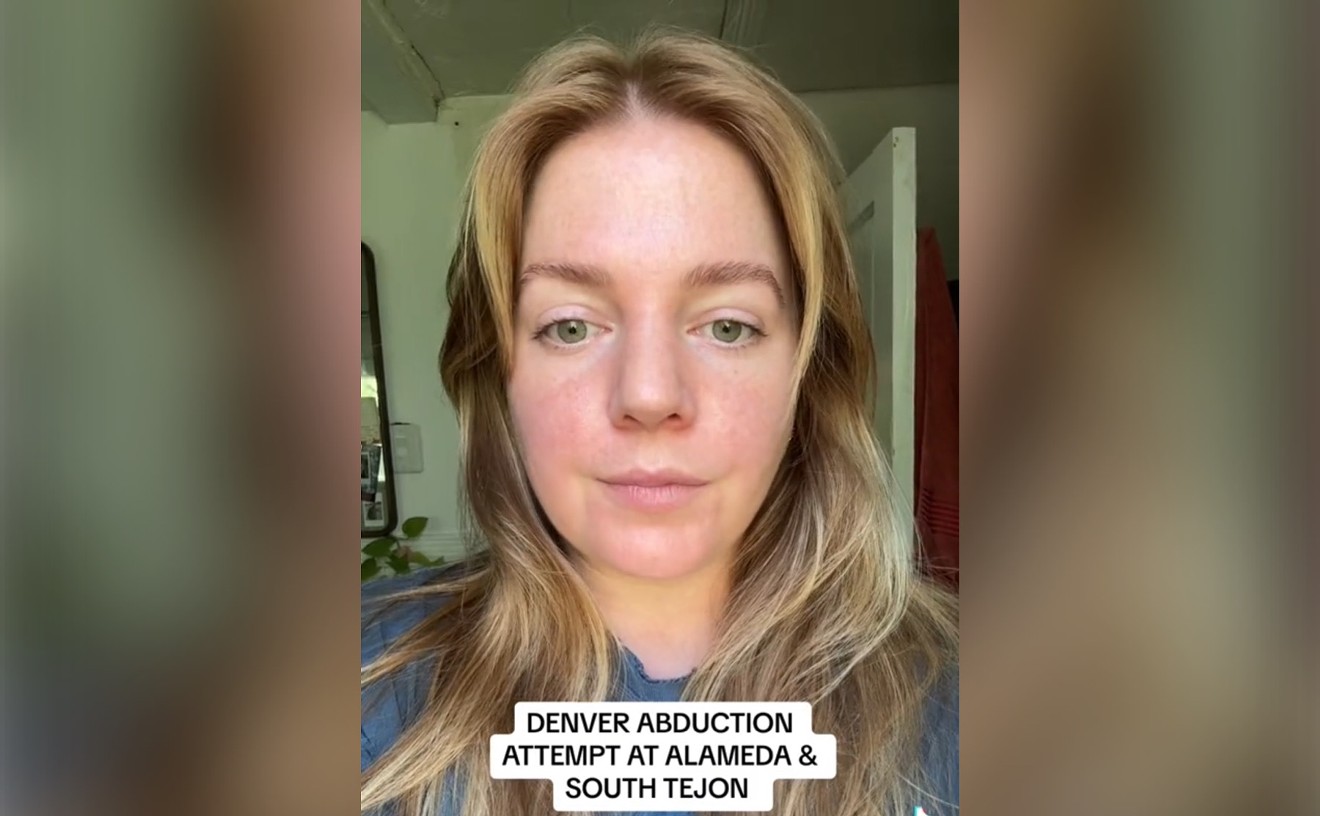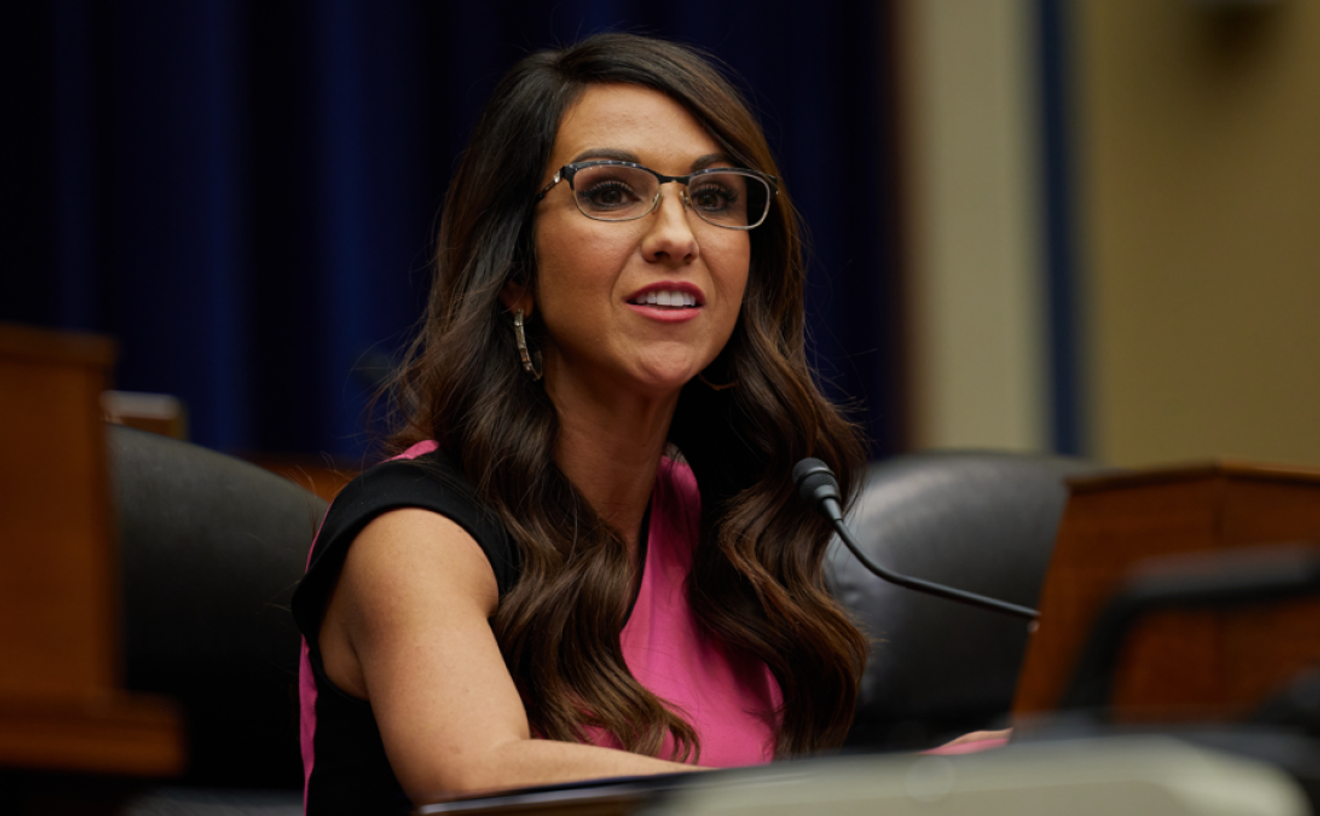That's a lot more folks capable of making a racket — or being offended by one. But 2008 is also the last time the Mile High City's noise ordinance was tweaked — and Amber Campbell, public information officer for the Denver Department of Public Health & Environment, says the time has come for adjustments.
To that end, the DDPHE has come up with a series of fresh recommendations for dealing with noise in Denver, and they're sweeping. Included are new auditory approaches to construction projects, trash collection, music festivals and even compression air brakes, which would be banned within city limits.
"The landscape of the city has changed significantly since the last revision," Campbell says. "A general increase in development, including development in previously underdeveloped areas, required a review of the current ordinance." and in light of "the continued growth of the city and noise-producing activities, some revisions were needed to help balance the city's growth while continuing to protect public health," she adds.
The department's suggested regulation shifts, which have been in the works for more than a year, aren't the last word on the subject, since they still must be approved by Denver City Council, and that vote isn't yet scheduled. But the draft ordinance, completed in February, represents a rethinking of noise in Denver. Even its definition has been altered: The 2008 version dubs noise "sound that is unwanted and that causes or tends to cause adverse psychological or physiological effects on human beings." In contrast, the draft refers to "sound that is unwanted and exceeds the sound pressure levels permitted in this chapter or in rules adopted by the board or is otherwise prohibited by this chapter or by rules adopted by the board."
Trash and Construction Complaints
According to Campbell, "Construction noise is one of the top complaints DDPHE receives related to noise. Under the new proposal, DDPHE has increased ability for enforcement, because the new ordinance does not require an onsite investigator to issue a violation" for work outside the windows of 9 p.m. and 7 a.m. on weekdays and 5 p.m. and 8 a.m. on weekends.Another major issue: The noise generated by trash trucks over the course of a given day. Pickups are now prohibited between the hours of 10 p.m. and 7 a.m.; the DDPHE draft retains the prohibition after 10 p.m. but establishes a map of downtown areas where collection could begin as early as 5 a.m., with a 6 a.m. start time for the rest of the city.
"Waste haulers have also expressed concerns about safety, access to alleys, safety concerns with vehicle traffic, foot traffic and general construction activity outside of early morning hours," Campbell explains. "Earlier collection times is a measured approach to assist in the collection of waste, recycling and composting in high-density areas, given the expected increase of waste-stream activities and required composting that Denver voters overwhelmingly approved in the Waste No More Initiative that passed in November 2022."
What About Concerts and Music Events?
Another focus of the DDPHE proposal is music events in Denver neighborhoods and clubs, a number of which have run afoul of city noise regulations. For example, musician Rico Jones was forced to suspend jazz concerts at his Highland-area home during the pandemic, and Number Thirty Eight paid a $2,000 fine and suffered a six-day suspension of its cabaret license after settling with the city in October 2022 over noise complaints from RiNo neighbors.Right now, festivals held on public property can win approval for elevated sound levels of up to 80 decibels if they are designated a "special event," but they can last for no more than four days and must agree to a hard stop at 10 p.m. The draft proposes raised the overall noise limit to 85 decibels and creating what's called a "new allowance for private properties." Under this concept, "public noise-producing events held on private property" permitted by required city agencies could be staged "for a total of eight calendar days within a year and not to exceed four consecutive days," with "a thirty-day rest period between events of two or more consecutive days." The sound level for these gatherings would be set at 85 decibels, and they would be required to quiet down by 10 p.m.
The Next Steps
The timetable for city council to weigh in on these proposals is still in flux. "We anticipate that the Safety, Housing and Education committee will consider the proposals in the next few months," Campbell says. "If approved there, the ordinance would follow the usual process and be considered and voted on by the full council. During this process, it's possible further revisions may happen."She stresses the importance of this mission. "Noise is a part of public health, and it affects everyone," she says. "We take our responsibility of balancing people's well-being with the uses of public spaces seriously. This is a large and complex ordinance, and the experts at DDPHE have taken time to get this right. We've conducted significant stakeholder outreach to collect feedback from the public, along with research of noise ordinances in other peer cities, which have informed our proposed revisions."
Click to read the DDPHE's draft ordinance and a summary of changes.












